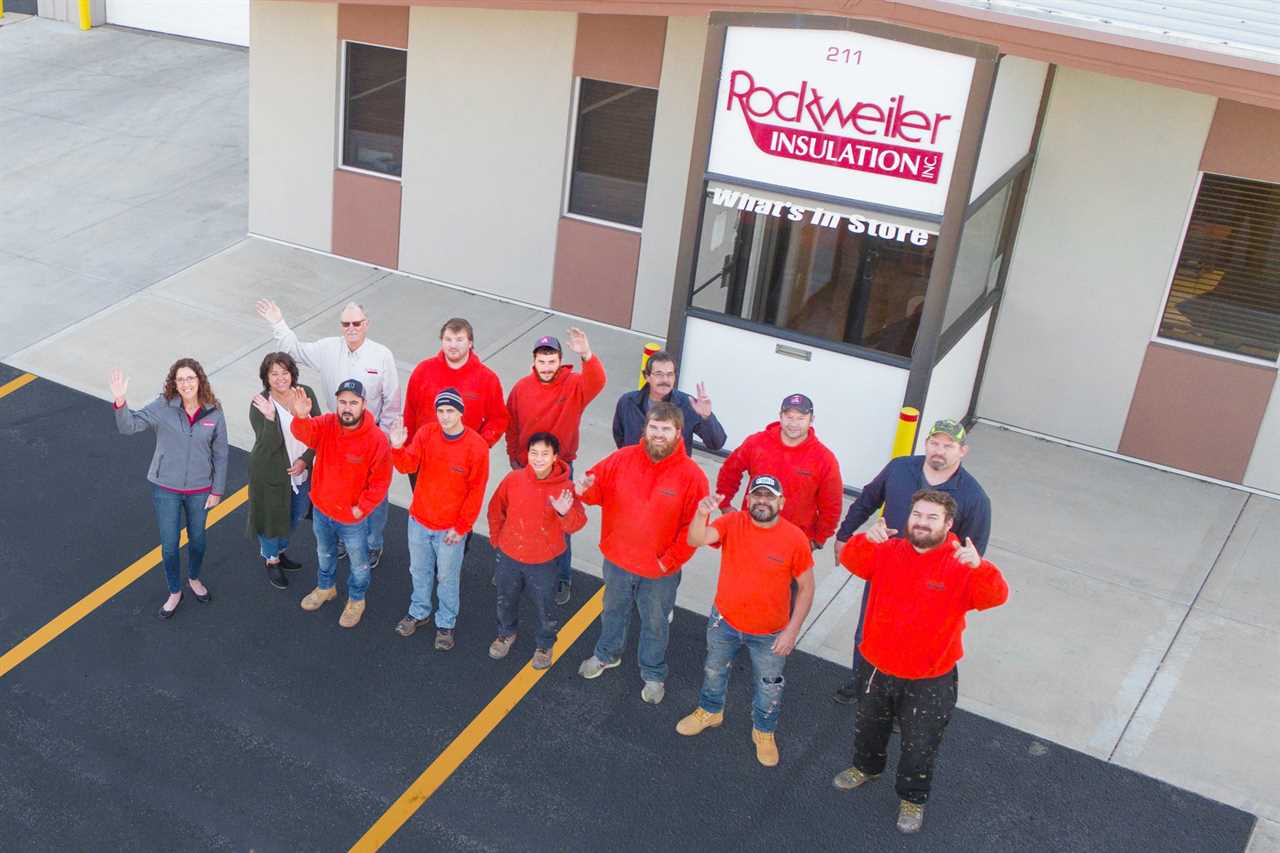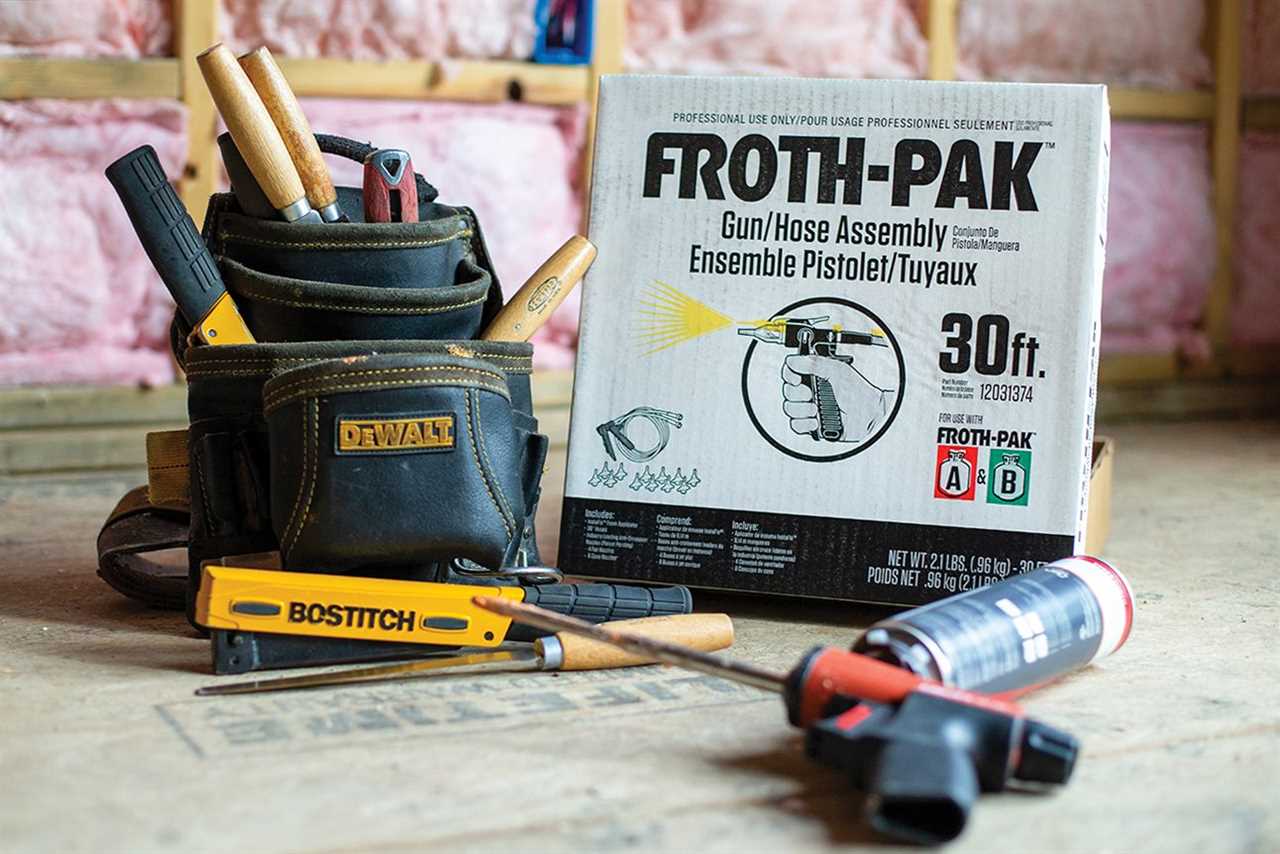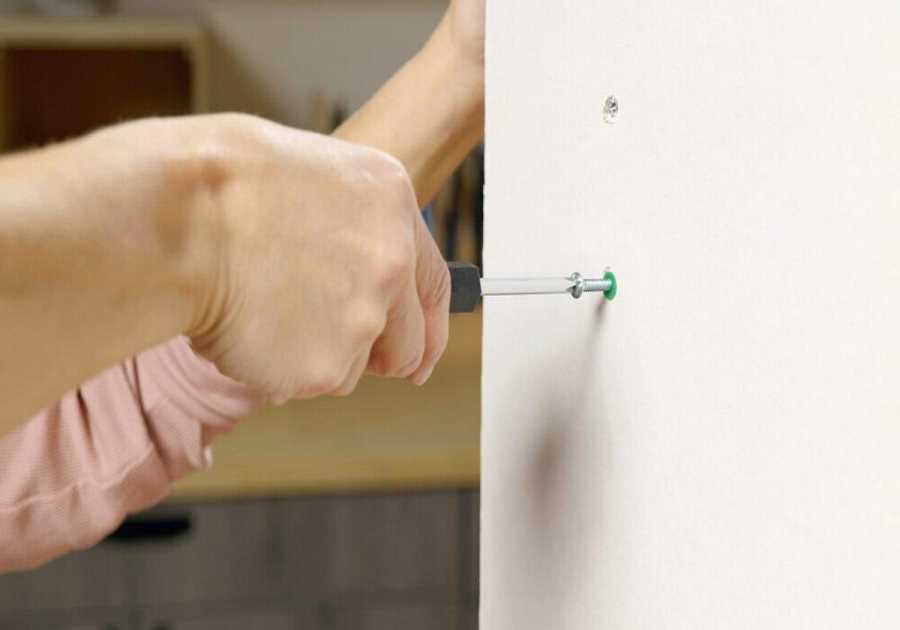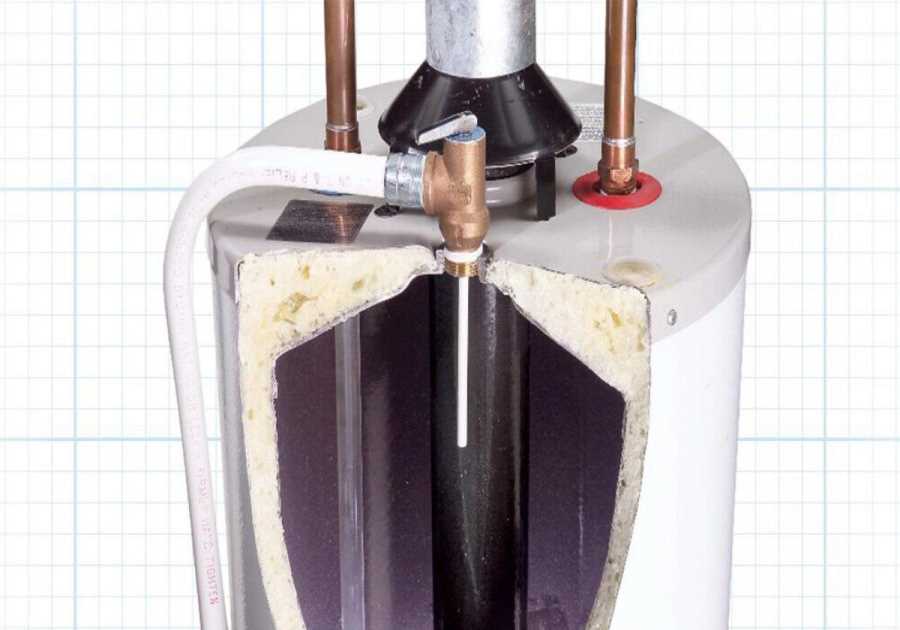This FH series introduces readers to a few of the women who make up 11 percent of the construction workforce in the U.S., spotlighting stories of their careers in the field. Know someone we should feature? Email us here.
Renee Wilson is passionate about insulation. She was first introduced to it in the fifth grade, when her dad founded their family business. Through the years, she helped him on installation jobs and bookwork. By the time she was in her 40s, he handed her the reins. Now, she’s his boss.
“We’re lucky because my dad and I have a really special relationship and communicate well,” she says. “And I’m lucky because I love what I do. I love helping people stay comfortable in their homes.”
Wilson’s southern Wisconsin-based company, Rockweiler Insulation focuses on single-family new home construction as well as retrofitting existing houses. We asked Wilson for her thoughts on the state of the insulation contractor business.
Q: What’s it like being a woman in your trade?
A: When I first started out, I was treated like the girl who opens the mail or the office secretary. People didn’t believe I knew what I was talking about. That still happens every once in a while. Like I’ll answer the phone, and they’ll ask for the person in charge.
But I’m 50 years old and have been doing it for so long, it doesn’t bother me like it used to. Now I just feel like I’m educating people. I’m part of their learning and growth process.
Q: You were featured on the show Treehouse Masters. Any other cool projects that stand out to you?
A: Yes, the installer I sent was really stoked to participate and watch the episode. Even though the insulation part was just a blip in the whole thing, you could at least see the pink wall.
We also worked with the nonprofit International Crane Foundation when they were renovating their visitor center and bird houses. It was interesting to work with the birds. And our team also had to take extra care to clean up all of the insulation, so the birds didn’t eat any.
We also work with Habitat for Humanity. And through our supplier, Owens Corning, [we] partner with the Gary Sinise Foundation to build homes for wounded veterans. We’re really excited to be part of that. I’m making sure every person on our staff gets to be involved somehow, just because it’s such a rewarding project.
Q: Staffing is such a challenge in the trades and beyond right now. How is your company faring?

A: We had some attrition during COVID, and also just people aging out. Being an insulation installer isn’t easy on your body, so not many people are knocking down my door wanting to do it.
But we also have a strong team. I walk around and chat with everybody at the beginning and end of the day to see how everything is going, both on the job and in their life. I like them to feel like they’re part of the family. And being a small family business, we’re able to be nimble with our decision-making and really take care of our employees.
One of my greatest challenges is trying to figure out how to make it attractive to energetic and smart younger people. Insulation is not a sexy industry. Plus, it’s something that people overlook all the time because it’s hidden behind a wall.
Q: What are your selling points for the job?
A: When I ask my crews why they like the trade, the number one answer is that they’re helping people be comfortable in their homes.
Plus, with climate change, we need to all do our part to decrease our carbon footprint, and insulation is the way to do that. So I’m framing it that way, putting recruitment flyers in high schools and work centers, and letting people know what skills they’ll learn if they work with us.
With that I also hope to get more women in our industry, especially out in the field on the install side. That’s important because we solve problems differently and we are intuitive, which means we can sometimes understand a homeowner’s concerns a little bit better.
Q: What’s your advice for young people wanting to get into the trades?
A: When starting any career, always be learning and be curious. Ask questions and talk to as many people as you can. I still love learning about this industry, going to conferences and reading books. It’s always changing.
Then, as a woman in the trades, my recommendation is to network, network, network. Use as many resources as possible. Join trade associations. Get that support system in place so you can do the best job possible.
Q: What’s in your tool bag?

A: For insulation, obviously there aren’t a whole lot of tools, so the biggest thing is making sure you have good material. We use Owens Corning, especially their new Pink Next Gen batt. We like it because it’s more rigid, easier to cut and faster to install, because the guys aren’t constantly trying to make it fit in and fluff out.
In Wisconsin, we have to put up a vapor barrier over the insulation, so having a really good stapler makes the job a lot easier. Then, stilts are important. We use Dura-Stilts.
And, of course, our PPE [personal protective equipment] is really important. Everyone here wears N95 masks while they’re installing. That got a little tricky during the pandemic, when all of a sudden we couldn’t get them, but now everything is back to normal.
Finally, we also like Hyde batt knives and Hilti foam dispensers.
Renee Wilson Bio
Wilson earned a bachelor’s degree in business administration with a focus on human resources and management before going to work for Rockweiler Insulation, the family business, in southern Wisconsin.
She’s a board member for the Owens Corning’s Certified Energy Expert (CEE) program, which supports contractors with training and warranties. She also serves on the board of the Insulation Contractors of America, and is a past chapter president of the National Association of the Remodeling Industry.
Writer Karuna Eberl Bio
Karuna Eberl is a regular contributor to FamilyHandyman.com. She spent the last 25 years as a freelance journalist and filmmaker, telling stories of people, nature, travel, science and history. Eberl has won numerous awards for her writing, her Florida Keys Travel Guide and her documentary The Guerrero Project.
Did you miss our previous article...
https://rsssuperfeeds.com/life-hacks/what-is-a-plant-hardiness-zone-how-do-i-find-mine






